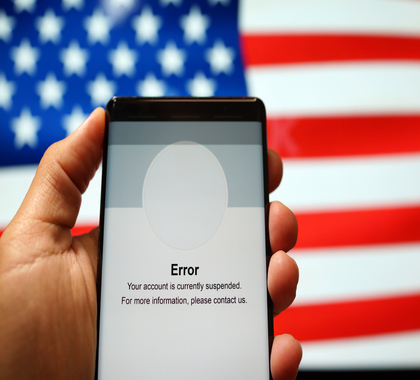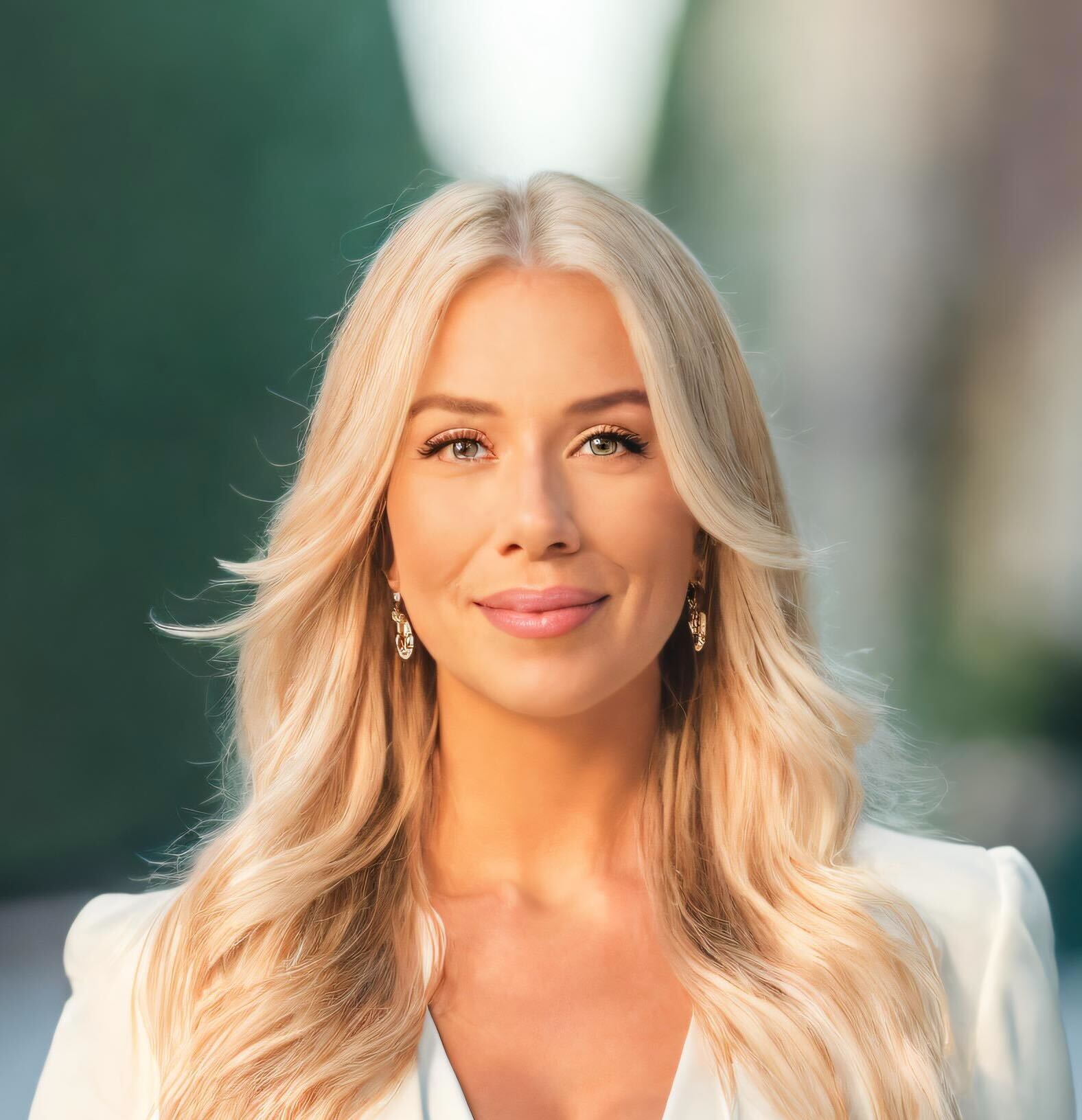Chairman Leach, and Members of the Committee,
Thank you for holding a hearing on House Bill 3751, legislation intended to challenge Big Tech when it comes to Texans rights to political and religious free speech. My name is Samantha Fillmore, and I am the Senior Government Relations Manager at Heartland Impact.
Heartland Impact is the new advocacy and outreach arm of the Heartland Institute. Both are independent, national, nonprofit organizations working to discover, develop, and promote free-market solutions to social and economic problems. Heartland Impact specializes on providing state lawmakers the policy and advocacy resources to advance free-market policies towards broad-based economic prosperity.
The emergence of social media has elevated political dialogue and discourse to a breadth nearly unimaginable a decade ago. When originally developed, these emerging technologies and mediums made the democratization of free speech possible.
However, this mass communication network is managed by a handful of large tech firms that are protected from liability and functionally operate as monopolies. The consolidation of public discourse control amongst these firms has now effectively muted the speech of millions of Americans. Though it has empowered people across the political spectrum, it has also galvanized those who seek to divide, misinform, and manipulate the public.
According to the Pew Research Center, roughly three-quarters of U.S. adults believe it is likely social media sites intentionally censor opinions and viewpoints that do not fall in line with Big Tech’s preferred ideology and political positions. This belief was corroborated with the release of the Twitter Files which showed us that these social media companies were more than happy to get into bed and coordinate with the government to promote certain agendas and narrates.
The policy solution in House Bill 3751 is a commonsense piece of legislation that builds from House Bill 20, allowing citizens in Texas to bring cases against social media companies in their home state.
House Bill 3751 is a key element to ensuring the stated goals and aims of HB 20, especially because House Bill 20 currently sits in judicial purgatory while the Supreme Court considers its fate. After all, Justice Clarence Thomas has previously indicated that he expects some form of common carriage regulation may be the path forward for social media, much in the way HB 20 law proscribes.
Prior to being appealed to the Supreme Court, the Fifth Circuit Court of Appeals ruled that Big Tech has overstepped its legal bounds as platforms for free speech based upon the Texas law.
The judges of the Fifth Circuit emphatically stated, “We reject the platforms’ attempt to extract a freewheeling censorship right from the Constitution’s free speech guarantee.”
The Fifth Circuit’s ruling made it clear that HB 20 is protected on constitutional grounds. The next logical step following this legal development is House Bill 3751.
Big Tech has long been insulated from liability because they claim to be mere platforms. Yet, these platforms operate in an admitted editorial capacity. House Bill 3751 along with House Bill 20 will lift their liability shield, making them susceptible to lawsuits from Texans who have been unfairly de-platformed.
House Bill 3751 should also spur a state-based and national debate on the role of Big Tech in our civic discourse. Allowing a private cause of action to be heard in Texas courts, by Texas judges, is a tool policymakers need to give the citizens of Texas. This will ensure Texans know that their public debate is sacrosanct. Any action or lack thereof to maintain a vigorous debate will be met with hard questions, and—if necessary—legal repercussions.
As House Bill 3751 continues to move through the legislative process, I implore the members of the committee to consider the clear solutions this bill would create. It would protect all Texans from undue censorship by Big Tech ideologues who wield near-total power over the dissemination of information in today’s social media-dominated environment. More speech, not less speech, is always better in a free society.


